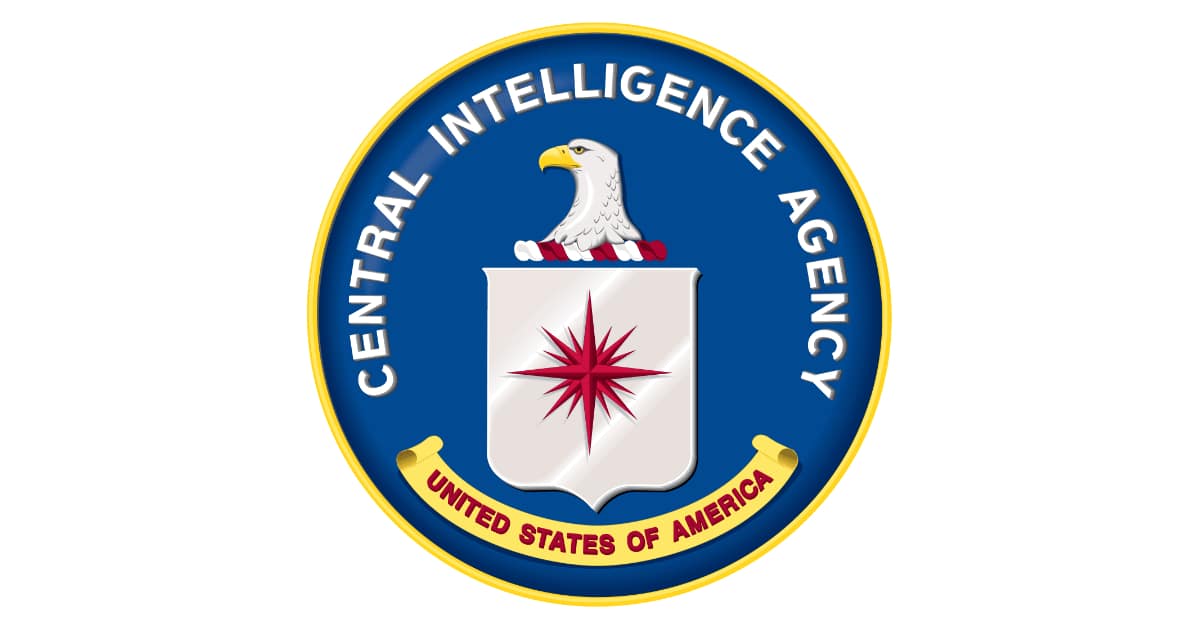According to CIA director William Burns, advancements in technology have made traditional spying very difficult. In a world of smartphones, constant CCTV surveillance, and other devices that may leave a digital fingerprint, current and former intelligence officials believe it is much harder for a spy to establish a false identity.

Advancements in technology pose new barriers for U.S. spies, says CIA director
As reported by the Wall Street Journal, a trained CIA official could “once cross borders with a wallet full of aliases or confidently travel through foreign cities undetected to meet agents.” However, in this day and age, they must face digital obstacles that are the “hallmarks of modern life,” including surveillance cameras, biometric border controls, smartphones, watches, and automobiles that constantly ping out their location. Then there is the personal record almost everyone leaves across the internet, “digital dust.”
“The foundational elements of espionage, I argue, have been shattered—they have already been broken,” says Duane Norman, a former CIA station chief who led an effort to help the agency adapt spying for the digital age.
As an example, he asks, how can a CIA officer purport to work for another government agency or private enterprise if his cellphone isn’t regularly present at that entity’s location, there is no record of him making ATM withdrawals or paying for lunch with a credit card in the vicinity, and no sign of him on video cameras there?
Having no electronic “signature”—as in not carrying a cellphone and having no presence on the internet—is itself a tipoff to adversary spy services, Mr. Norman and others said
In the new technological landscape, it is “much more complicated to conduct traditional tradecraft,” CIA Director William Burns acknowledged during his February confirmation hearing.
One former spy told the publication that if spies want to impersonate an individual, they will essentially have to live that person’s life.
“It’s more difficult for intelligence officers to masquerade under alias,” said a retired Western intelligence officer who estimated he had nine false identities during his career, and credit cards for each.
More spying will be done in “true name,” meaning the spy won’t pose as someone else, but “live their cover” as a businessperson, academic or other professional with no obvious connection to the U.S. government.
Despite these new challenges, both Burns and other experts believe the CIA will adapt. “Most technological challenges are surmountable,” a senior CIA official told the WSJ. “We play great offense, and aren’t sitting around in a defensive crouch.”
Read more: